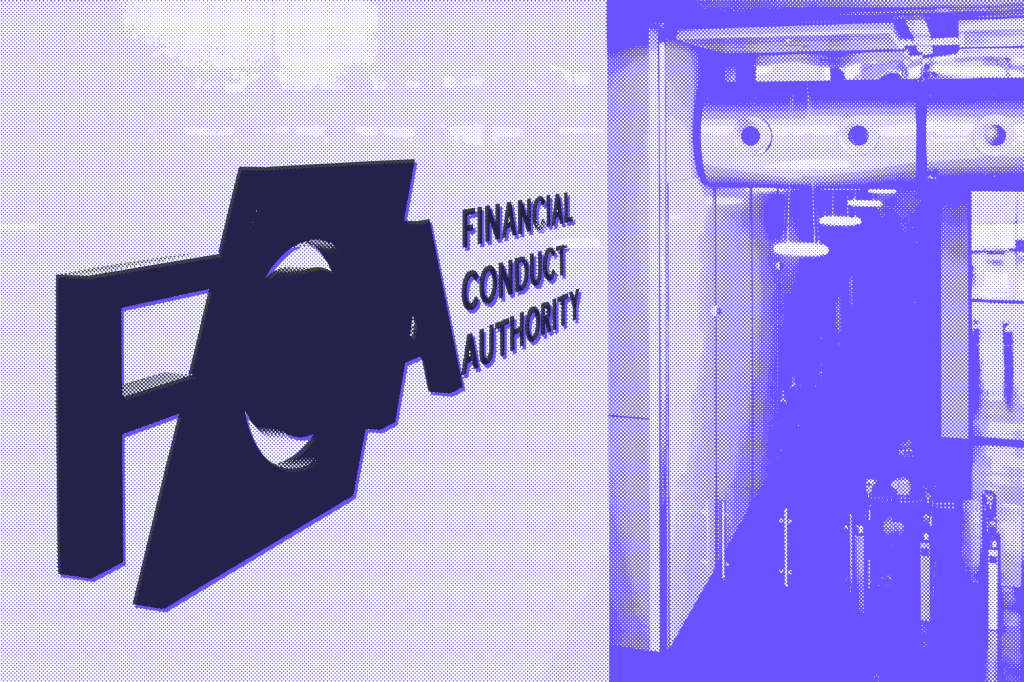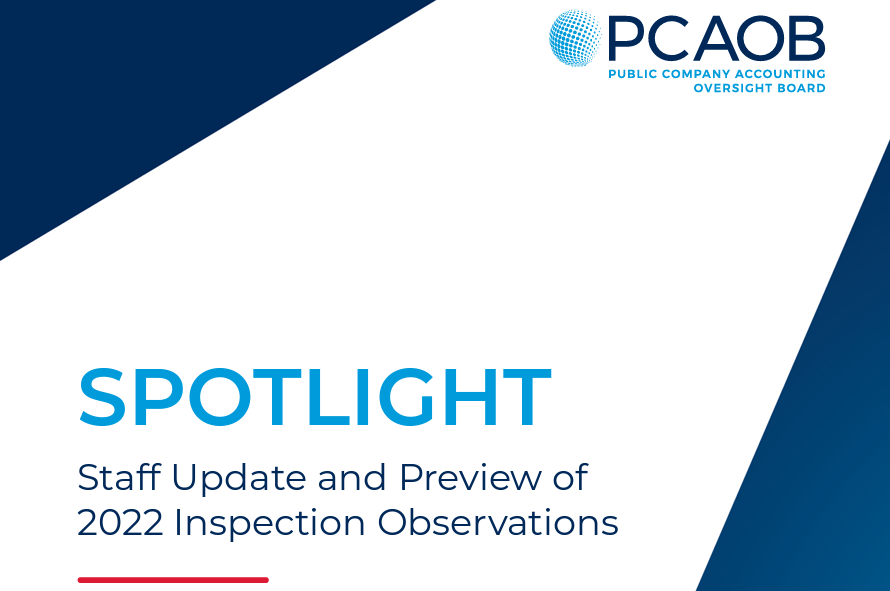A staff report issued last week by the Public Company Accounting Oversight Board (PCAOB) shows a year-over-year increase in the number of audits with deficiencies at audit firms that the PCAOB inspected in 2022.
“These findings are absolutely unacceptable, and audit firms must make changes to turn things around and live up to their responsibility to investors,” PCAOB Chair Erica Y Williams said in a statement.
The report, Staff Update and Preview of 2022 Inspection Observations, presents aggregate observations from the PCAOB’s inspections of certain public company audits conducted by 157 audit firms in 2022.
Audit review
According to the report, PCAOB staff expects approximately 40% of the audits reviewed will have one or more deficiencies that will be included in Part I.A of the individual audit firm’s inspection report, up from 34% in 2021 and 29% in 2020.
Part I.A of a PCAOB inspection report discusses any deficiencies that were of such significance that the PCAOB staff believes the audit firm, at the time it issued its audit report(s), had not obtained sufficient appropriate audit evidence to support its opinion on the public company’s financial statements and/or internal control over financial reporting.
The agency continued to see deficiencies in fundamental auditing, such as appropriate responses to a significant fraud risk.
PCAOB staff expect increasing deficiencies in Part I.B inspection reports as well. Those are deficiencies in which the audit firm is not following PCAOB standards – but the infraction is not directly related to a specific audit.

Photo: PCAOB
PCAOB staff expect that approximately 46% of the audits reviewed will have one or more deficiencies discussed in Part I.B of the individual firm’s inspection reports, up from 40% in 2021 and 26% in 2020.
PCAOB staff also continued to identify auditing deficiencies that have recurred for many years.
The report noted more specifically that the agency continued to see deficiencies in fundamental auditing, such as appropriate responses to a significant fraud risk; in the sampling of transactions; and in the sufficiency or appropriateness of procedures to test the accuracy and completeness of data or reports produced by the company and used as evidence in an audit procedure.
The report did not name any audit businesses specifically in its report.
Focus on investor protection
The report confirms what PCAOB Chair Williams warned of in December 2022 when she said the PCAOB was seeing an increase in comment forms during 2022 inspections, following increased deficiency rates for 2021 inspections. Chair Williams challenged firms to sharpen their focus on investor protection.
It also points back to the agency’s proposed, new requirements published in June that are designed to strengthen auditor requirements when it comes to identifying, evaluating, and communicating possible or actual noncompliance with laws and regulations.
The PCAOB has provided the public Spotlight publications that offer PCAOB staff insights regarding topics such as public company audits involving crypto assets and audits of special purpose acquisition companies. And it has launched new online tools to make deficiency information easier to find.
Covid-19 not to blame
Just to nip a few excuses in the bud, Williams told audit firms not to blame the issues uncovered in the report on the Covid-19 pandemic.
“We’re three years out from the start of the pandemic,” Williams said in a press conference to discuss the report. “These challenges are no longer new. It’s the audit firms’ responsibility to meet the challenges head-on.” Plus, Williams added, many of the issues flagged by PCAOB inspectors this year have been chronic problems that existed well before Covid-19 became a major disruption in 2020.
She has reason to be concerned. The report mentions the insufficient testing of data used by the auditor (or used by an auditor-engaged specialist) repeatedly in the report. And it notes many instances of an insufficient or inappropriate evaluation of departures from accounting standards or evaluation of contradictory evidence.
“We’re three years out from the start of the pandemic. These challenges are no longer new. It’s the audit firms’ responsibility to meet the challenges head-on.”
Erica Y Williams, Chair, PCAOB
The lapses noted here relate to the basic standards of PCAOB-mandated audit procedures – the very processes investors rely upon to verify the financial reporting they use to make decisions about where to invest their money.
Remediation
The PCAOB report instructs firms to remediate now. The need not await a final inspection report before beginning to assess the root causes of deficiencies communicated, the report advises; they should begin to develop and implement steps before the inspection report is issued.
To help all firms, the PCAOB listed what it saw as effective components of high-quality audit work, including using a risk assessment that was supported by an in-depth understanding of the issuer and the issuer’s business, and by tailoring risks by considering varying risks for different components, portfolios, locations, and revenue streams.
And the agency noted that auditor-engaged specialists and consultations with subject matter experts could help drive audit quality by offering specialized knowledge and skillsets in certain technical areas of the audit.













